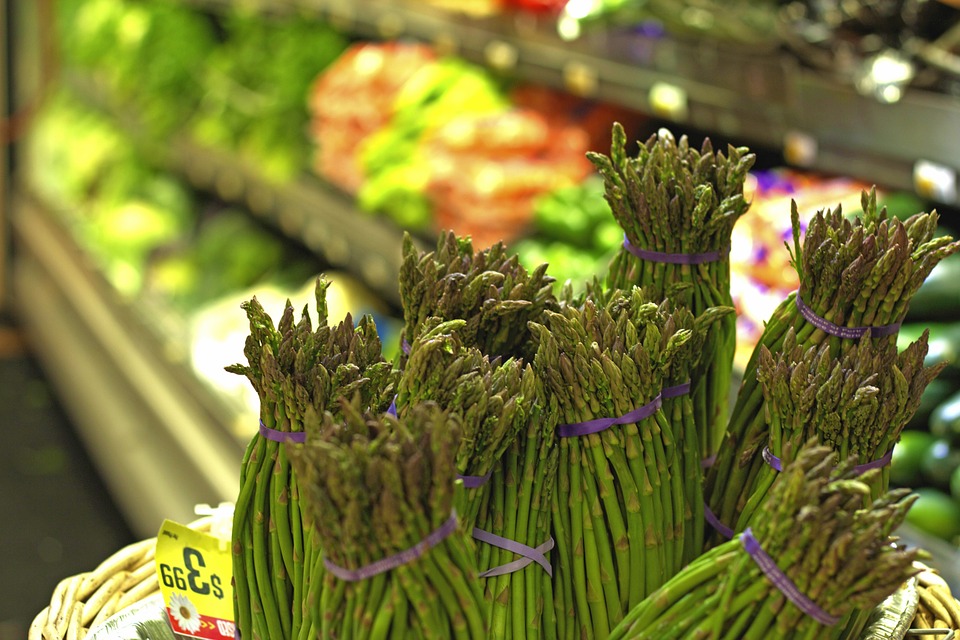This was the first article run in the Co-op Connection, the Aug 09 issue. This kicked off my adventure writing (almost) monthly for La Montanita and initially is providing the bulk (ha!) of the articles for this blog.
At this time of year, our thoughts are on returning to the classroom. But, in truth, our children never stop learning. They may learn their three Rs in a school building, but they learn the most about their world and world view from YOU: parents, grandparents, aunts and uncles, close family friends and other loving care givers. One of my family’s main learning environments is La Montanita Co-op.
The co-op is a fantastic living classroom for all kids (and grown-ups, as well). Mommy’s Shopping Helper is a coveted position in our home and I use that excitement to work in teachable moments. They do not need to be profound lessons, though some may leave lasting impressions. Rather, the cumulative effect of these little moments will help form life-long curiosity, habits and basic academic and living skills. Really? A grocery shopping trip? Just take a look:
- Bring an age appropriate grocery list for your child to read and check off. This could be drawing or photos you compile or a list your child wrote in his or her unsteady, novice hand.
- Have your child find the bulk item number and, if able, write it on the tag. This is MUCH more fun than a worksheet! I could always tell that my kids were anxious to do this “real” job and so it was never a chore for them.
- Gathering ingredients for his or her own special recipe always makes shopping fun. And cooking provides lessons too numerous to detail, but includes geography (where is this recipe from?), chemistry (why does this rise?), fractions (we are doubling this, so how many cups are needed?) and even basic eye-hand coordination for a little pourer and stirrer.
- Compare prices – which product is really the better deal?
- “Do we want the fruit from Chile or the local one?” This question can spur discussions on many fronts. Where is Chile? How did the fruit get here? Who got it here? Why is one cheaper than the other? When does this fruit grow?
- A chocolate bar is a simple thing, isn’t it? But choosing one with your children can open a world to them. What exactly IS chocolate? Where are the beans grown? How is it made? What is Fair Trade? You could work in a discussion of percentages and do a taste test. What kid WOULDN’T be motivated by that?
- Check out the plethora of oils and see as many science lessons! What is an oil? From where does oil come? How do you get from a plant to a vegetable oil? What oils do you consider healthy and why? Which leads to….
- Nutrition – an obvious topic to come up during food shopping. What you buy (and do not buy) teaches your children your nutritional ideals. Talk about why you like a certain food or why you cannot or will not buy another.
- Exotic Cheese Diving is a favorite adventure of ours. We stand in front of the cheeses and see so many flavors, so many countries, so many milks, so many processes! And such variance in price, as well. Basic economics can be worked into many shopping discussions.
- As I have come to learn, food is highly political. As your kids get older, you can begin discussing pollution, real vs. processed foods, government regulations, irradiation, subsidies, small and big farming issues, food safety and how each of these affects our food supply as a whole and in your own home.
These are a very few examples of how your kids can learn during a shopping trip. Even reading ingredients of a package or estimating the bill as you go are valuable skills. Taking your children with you to the co-op is time well spent. You can just BE together and talk or you can also boost real life academic skills in math, reading, writing, geography, science, history, social studies and so much more.

